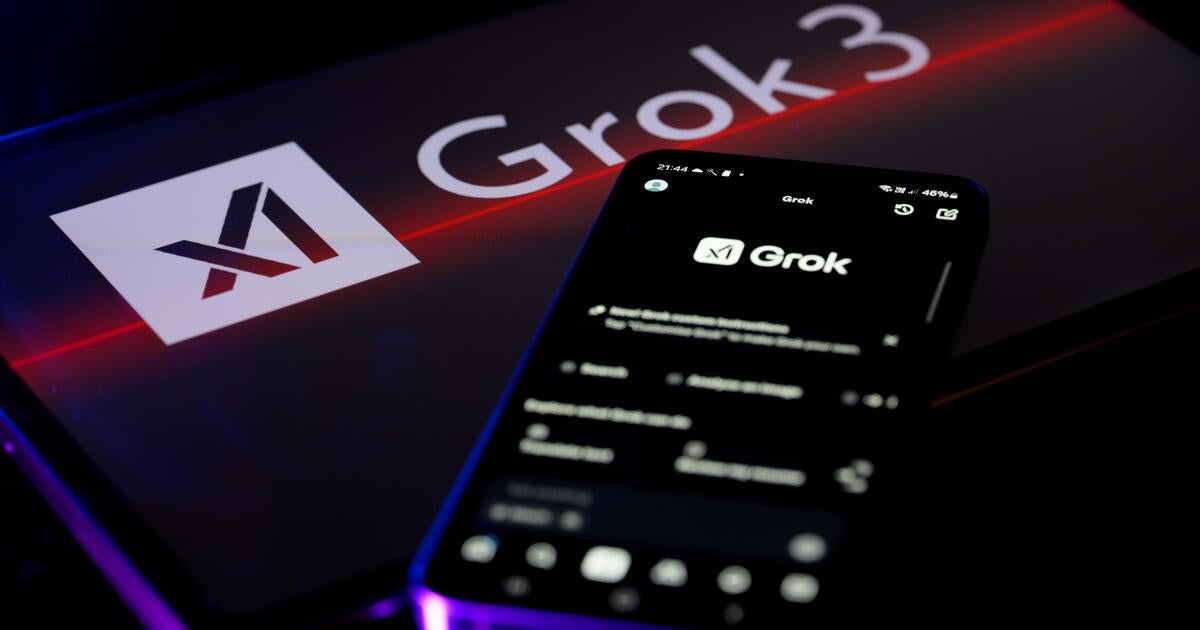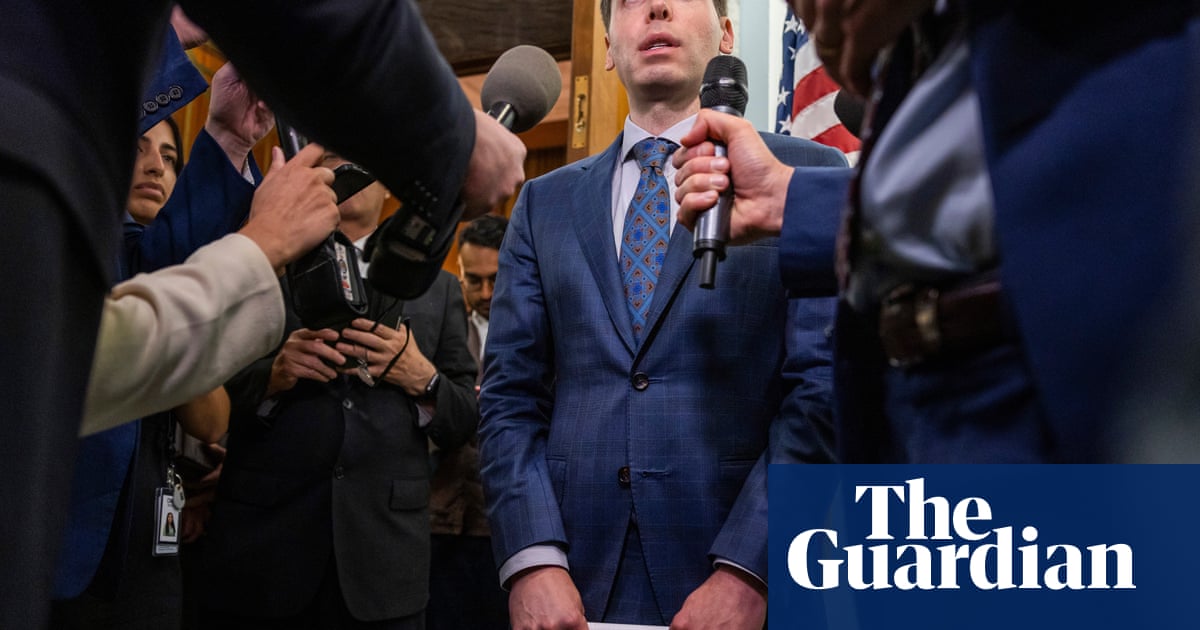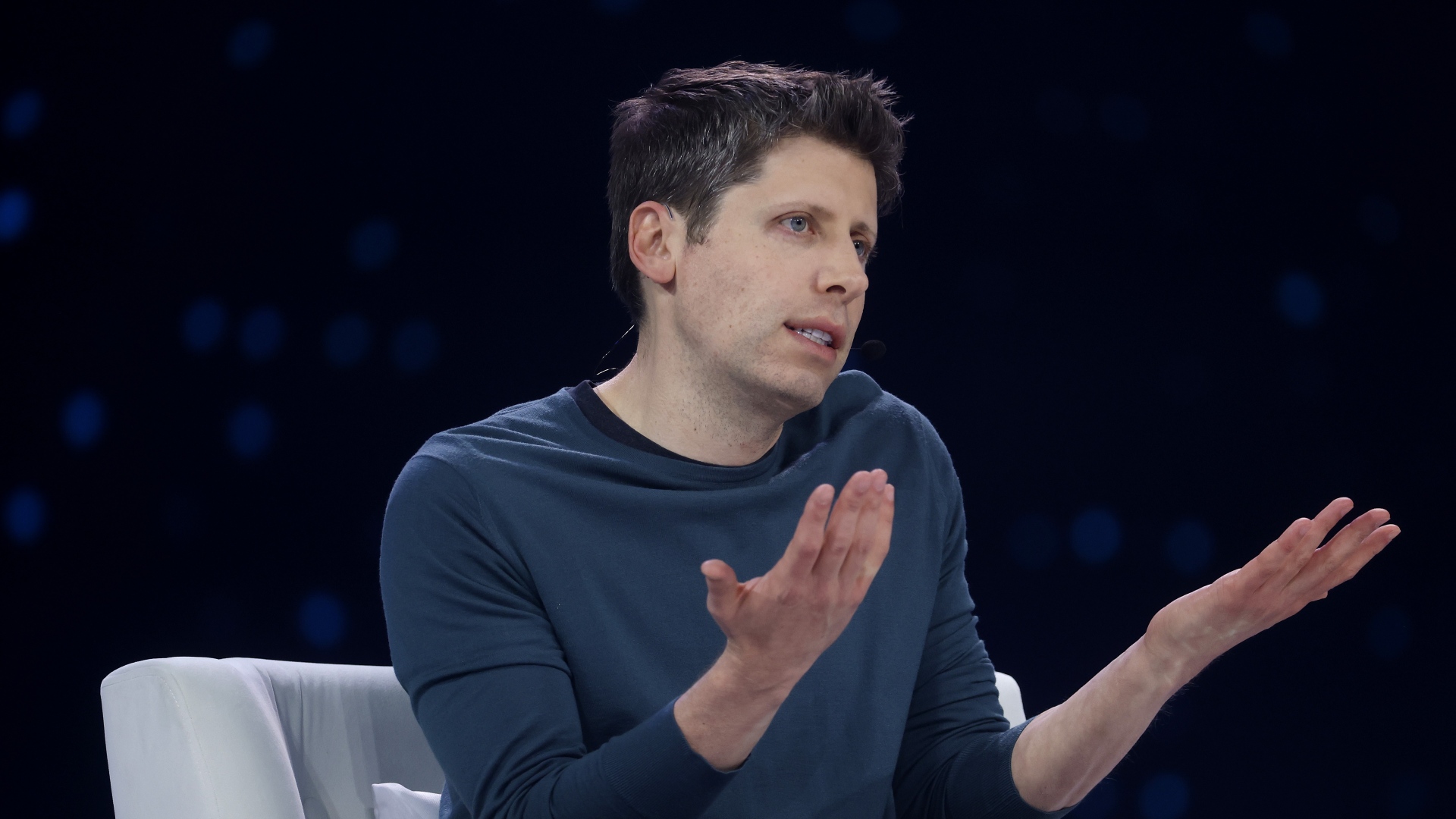T4K3.news
Debate emerges over banning AI-generated humans
Concerns grow as AI technology threatens the fabric of social trust.

Concerns rise over the implications of AI-generated humans on trust in society.
Governments must consider banning AI-generated humans to protect social trust
In May 2025, millions thought they saw Billie Eilish at the Met Gala in photos circulating online. However, Eilish was not there, as she revealed through social media, stating the images were generated by AI. This incident highlights a significant issue, as synthetic media becomes increasingly convincing. The rise of deepfakes raises questions about trust in published images and videos, which can mislead and manipulate public perception. Yuval Noah Harari argues that just as governments ban counterfeit money to protect economic trust, a similar approach is necessary for AI-generated humans to preserve social trust. Research shows that distinguishing real from fake images is becoming challenging, with accuracy barely better than chance. The discussion now centers on whether banning these technologies entirely is the solution or if regulations can allow for responsible innovation without sacrificing societal trust.
Key Takeaways
"Social trust is the foundation of society. If people can’t trust that other people are who they say they are, everything begins to unravel."
This quote from Yuval Noah Harari emphasizes the critical nature of social trust in maintaining societal structures.
"Governments had very strict laws against faking money because they knew that if you allow the circulation of fake money, people will lose trust."
Harari draws parallels between fiscal policy and the need for regulation on AI-generated humans.
"If you allow the circulation of fake people, people will lose trust in other people and society will collapse."
Harari stresses the urgency for regulatory measures to prevent societal trust from eroding.
The rapid advancement of AI technology poses significant risks to social trust. As deepfakes become more prevalent, the potential for deception increases. Harari’s comparison between counterfeit money and AI-generated humans underscores the urgency for action. However, outright bans could harm legitimate uses of AI in creative industries. It’s crucial to strike a balance between protecting societal integrity and fostering innovation. By implementing transparent regulations, we can mitigate risks while still supporting the growth of this emerging field.
Highlights
- Fake humans are damaging the foundation of social trust.
- If we can't trust what we see, society begins to unravel.
- Banning deception helps us preserve our reality.
- AI-generated content must come with clear labels.
Risks of eroding social trust through AI-generated humans
With the rise of AI-generated content capable of deception, there is a significant risk that social trust will deteriorate. The blurring lines between real and fake can lead to misinformation and lost confidence in institutions.
The conversation about regulating AI-generated content is just beginning, and it demands a thoughtful approach.
Enjoyed this? Let your friends know!
Related News

Grok chatbot faces backlash after controversial remarks

Sam Altman strengthens his grip on OpenAI

Commodore acquisition finalized
Game Genie Makes Mark on Video Game History

Microsoft announces layoffs of 9,000 employees

Markiplier clarifies stance on AI after backlash

Vibe physics poses risks in scientific discussions

Sam Altman claims ChatGPT's capabilities surpass humans
